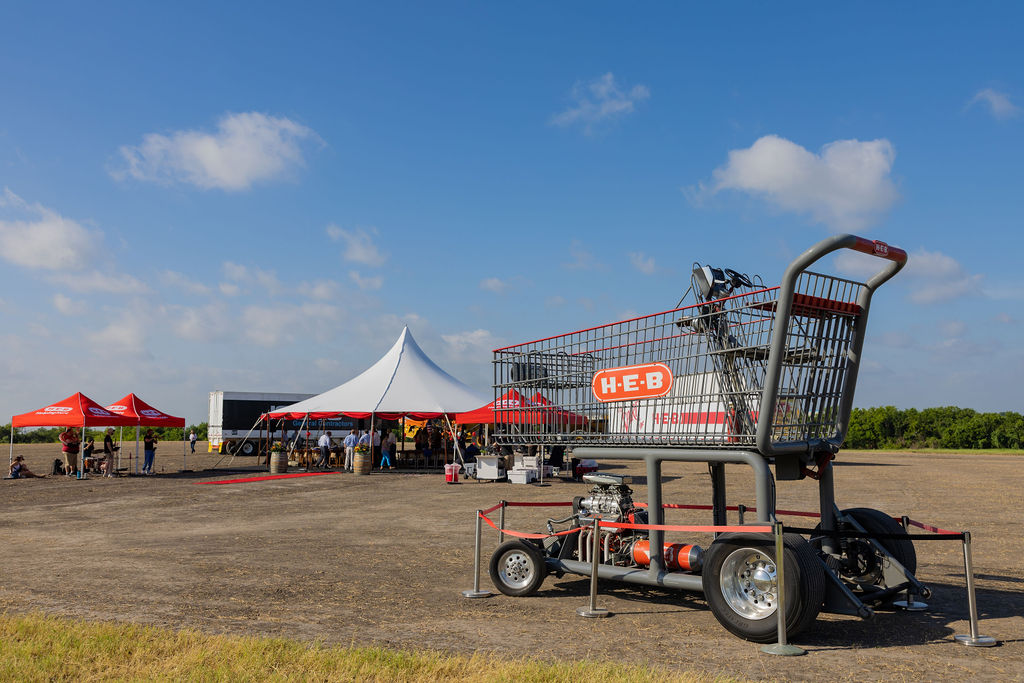La Cocina, a nonprofit incubator focused on providing affordable kitchen space and mentorship to women- and immigrant-led food businesses, is working to bring a marketplace to the Tenderloin district of San Francisco.
La Cocina’s Municipal Market will feature seven businesses that sell healthy, affordable meals to area residents who often lack access to fresh produce and/or cooking equipment. The marketplace will create 30 to 40 jobs in the area of the city that has one of the highest unemployment rates.
“La Cocina’s Municipal Marketplace was born out of La Cocina’s strategic planning work in identifying the needs of working-class entrepreneurs in a rapidly changing city, as well as an opportunity to partner with the city on a vital corner in the heart of our working-class Tenderloin district,” says executive director, Caleb Zigas. “Projects like this will only truly serve their community if they come from those communities. As such, they can be platforms for residents, a home away from home for families and a signal of what our cities can and should accomplish for all of their communities.”
Four years ago, Randy Shaw, executive director of the Tenderloin Housing Clinic, approached Zigas about transforming a 7,000-square-foot former U.S. post office into a community-led marketplace. Situated on the corner of Golden Gate Avenue and Hyde Street, the building is central to the Tenderloin community. The project is based on a replicable, sustainable business model that’s designed to feed the community and fosters its growth.
The seven restaurants that were chosen include cuisines from Nepal, El Salvador, Algeria, Africa, Mexico, and a San Franciscan bodega. All are owned by members of the Tenderloin community. The mix includes both established and fledgling restaurants, which was intentional, as La Cocina wanted to create an informal mentor program where the business owners could rely on each other for guidance, according to Zigas.
Chef Guadalupe Moreno is the owner of Mi Morena, one of two Mexican restaurants within the marketplace. Mi Morena offers Mexico City street-style guisados tacos featuring handmade corn tortillas and grilled meats. Moreno says she’s excited to be a part of the marketplace “because it’s giving me an opportunity as an immigrant entrepreneur to showcase my culture and food in my own neighborhood.”
But the marketplace won’t just be a food destination, says its manager Sarah Qadri. It will have a robust calendar of community-serving programs in partnership with other Tenderloin community organizations, like Because Justice Matters and the Tenderloin Community Benefit District. The space will also be used for job training, business classes, and cooking demonstrations.
Since opening in 2005, La Cocina has helped cultivate low-income food entrepreneurs as they formalize and grow their business by providing affordable kitchen space, industry-specific technical assistance, and access to market opportunities. A community marketplace presented a way for it to further support entrepreneurs and the Tenderloin community at large.
La Cocina recently hired a community manager to help the organization become a constant player in the Tenderloin district. The manager will attend community meetings, field questions, and offer tours of the marketplace to help gain the trust of the community before it opens its doors.
Municipal Marketplace is on track to open in Q1 2020 but La Cocina is trying to close its capital campaign, with a goal of reaching $5.4 million to cover construction, permits and utilities, interior design, kitchen and A/V equipment, facade improvements, and administrative costs. Learn more about it here.
La Cocina will participate in the Winter Fancy Food Show’s Incubator Village located on the Esplanade Level of Moscone Center. It will exhibit alongside three of the companies it incubates, including Teranga, which uses organic and wild ingredients from Africa in its products and will participate in the Municipal Marketplace.


 World News2 years ago
World News2 years ago
 World News2 years ago
World News2 years ago
 World News2 years ago
World News2 years ago
 World News2 years ago
World News2 years ago
 World News2 years ago
World News2 years ago













